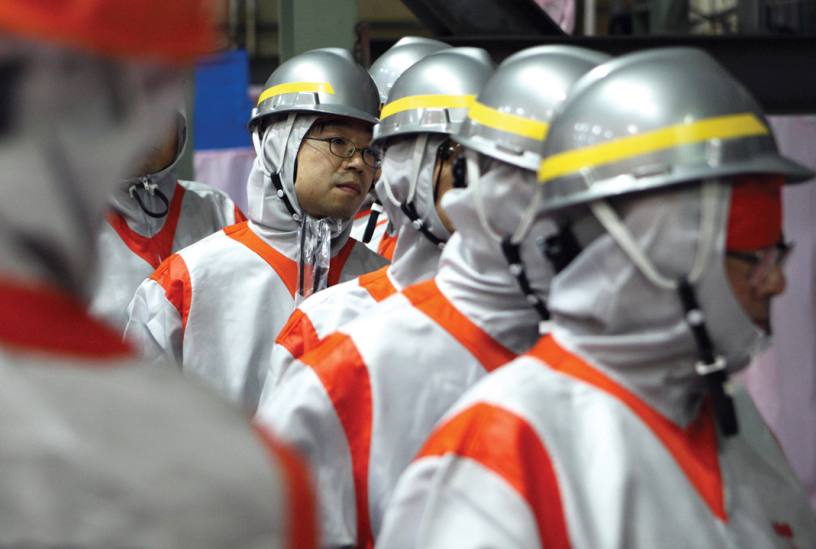The short-term human cost of the devastating earthquake and tsunami that hit Japan in March, damaging the Fukushima nuclear power plants, was plain to see from every TV channel and newspaper headline. Since then, the world has had to look at the long-term effects of the disaster, which will be keenly felt in the world’s commodity markets, not least in the energy sector.
There were noticeable immediate effects, with some commodities trading lower as markets took stock of the impact on Japan’s gross domestic product (GDP) of damage to infrastructure, the closure of some industrial capacity and disruptions in power supply. Soon, however, the focus shifted to the changes that will happen in Japan’s energy matrix, with the loss of capacity in nuclear power being factored in, and concerns of the safety of nuclear generation coming to the fore once again.












